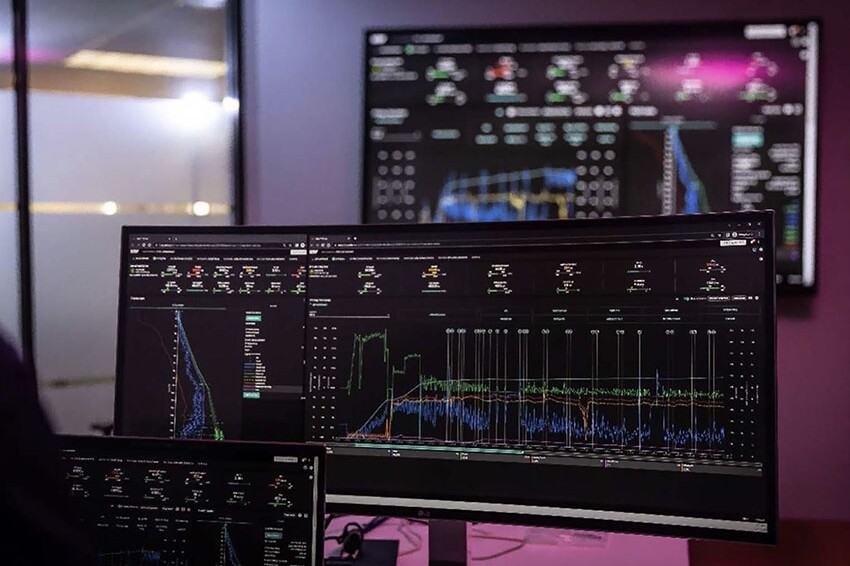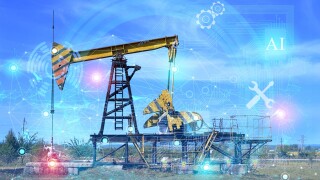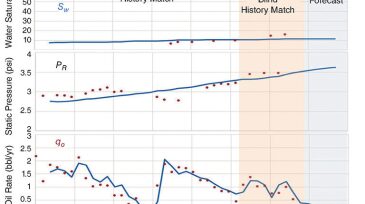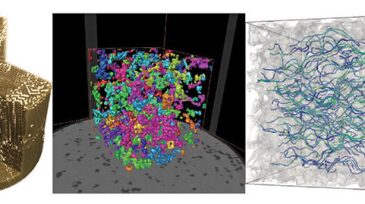Data mining/analysis
In today’s era of asset management, digital twins are changing risk management, optimizing operations, and benefitting the bottom line.
Over decades of exploration and production, the oil and gas sector has accumulated vast amounts of legacy data in various formats. Artificial intelligence and machine learning present an opportunity to transform how this unstructured data is processed and used, enabling significant improvements in operational efficiency and decision-making.
A roundtable discussion during CERAWeek pointed to the necessity of a mindset shift for the oil and gas industry to tap into AI’s true potential.
-
A newcomer in the arena of oilfield market research has set an ambitiously high bar for itself: to speed up the oil and gas industry’s widely acknowledged and painfully slow rate of technology adoption.
-
The use of intelligent software is on the rise in the industry and it is changing how engineers approach problems. A series of articles explores the potential benefits and limitations of this emerging area of data science.
-
The use of intelligent software is on the rise in the industry and it is changing how engineers approach problems. A series of articles explores the potential benefits and limitations of this emerging area of data science.
-
At the 2016 Gulf of Mexico Deepwater Technical Symposium in New Orleans, a presentation discussed the application of sensors and analytics in pipeline integrity management systems.
-
Young Technology Showcase—Top-Down Modeling: A Shift in Building Full-Field Models for Mature FieldsData-driven, or top-down, modeling uses machine learning and data mining to develop reservoir models based on measurements, rather than solutions of governing equations.
-
Well control is built around huge steel machines, but the future of the business is digital. Data have become a critical asset as operators and service companies work to increase the safety and reliability of their products and operations.
-
In an effort to foster collaboration in an area where there is currently very little, researchers at the University of Texas at Austin (UT) created a new web-based application for storing and sharing CT images of rocks.
-
A data-driven approach to successfully analyze and evaluate production-fluid impact during facility system divert events is presented. The work flow effectively identifies opportunities for prompt event mitigation and system optimization.
-
The big data approach will allow new types of data-driven models to bypass traditional bottlenecks. It is also expected to lead to different views of standard models, thus providing new and valuable insights in the process.
-
There is a lot of information buried in drilling reports written every day, but little of it appears in computer databases.













